It’s unfortunate, but recessions are a fairly normal part of the economic landscape. When a recession occurs, how might you be affected? The answer depends on your individual situation, but regardless of your circumstances, you might want to consider the items in this recession survival checklist:
Assess your income stability. If your employment remains steady, you may not have to do anything different during a recession. But if you think your income could be threatened or disrupted, you might want to consider joining the “gig economy” or looking for freelance or consulting opportunities.
Review your spending. Look for ways to trim your spending, such as canceling subscription services you don’t use, eating out less often, and so on.
Pay down your debts. Try to reduce your debts, especially those with high-interest rates.
Plan your emergency fund. If you haven’t already built one, try to create an emergency fund containing three to six months’ worth of living expenses, with the money kept in a liquid account.
Review your protection plan. If your health or life insurance is tied to your work, a change in your employment status could jeopardize this coverage. Review all your options for replacing these types of protection. Also, look for ways to lower premiums on home or auto insurance, without significantly sacrificing coverage, to free up money that could be used for health/life insurance.
Keep your long-term goals in mind. Even if you adjust your portfolio during times of volatility, don’t lose sight of your long-term goals. Trying to “outsmart” the market with short-term strategies can often lead to missteps and missed opportunities.
Don’t stop investing. If you can afford it, try to continue investing. Coming out of a recession, stock prices tend to bottom out and then rebound, so if you had headed to the investment “sidelines,” you would have missed the opportunity to benefit from a market rally.
Revisit your performance expectations. During a bear market, you will constantly be reminded of the decline of a particular market index, such as the S&P 500 or the Dow Jones Industrial Average. But instead of focusing on these short-term numbers, look instead at the long-term performance of your portfolio to determine if you’re still on track toward meeting your goals.
Assess your risk tolerance. If you find yourself worrying excessively about declines in your investment statements, you may want to reevaluate your tolerance for risk. One’s risk tolerance can change over time — and it’s important you feel comfortable with the amount of risk you take when investing.
Keep diversifying. Diversification is always important for investors — by having a mix of stocks, mutual funds and bonds, you can reduce the impact of market volatility on your portfolio. To cite one example: Higher-quality bonds, such as Treasuries, often move in the opposite direction of stocks, so the presence of these bonds in your portfolio, if appropriate for your goals, can be valuable when market conditions are worsening. (Keep in mind, though, that diversification cannot guarantee profits or protect against all losses in a declining market.)
A recession accompanied by a bear market is not pleasant. But by taking the appropriate steps, you can boost your chances of getting through a difficult period and staying on track toward your important financial goals.
This article was written by Edward Jones for use by your local Edward Jones Financial Advisor. Edward Jones, Member SIPC.


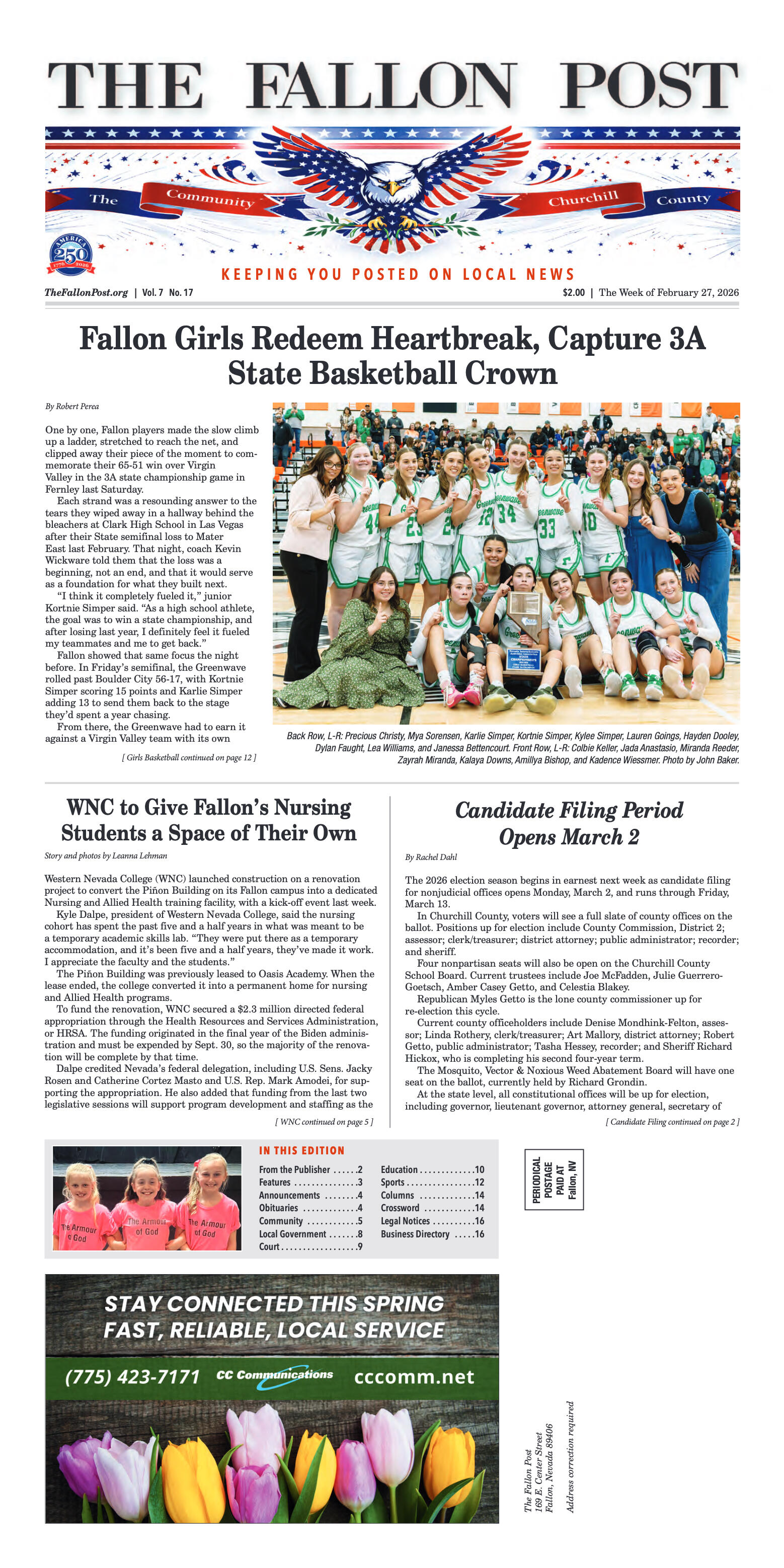
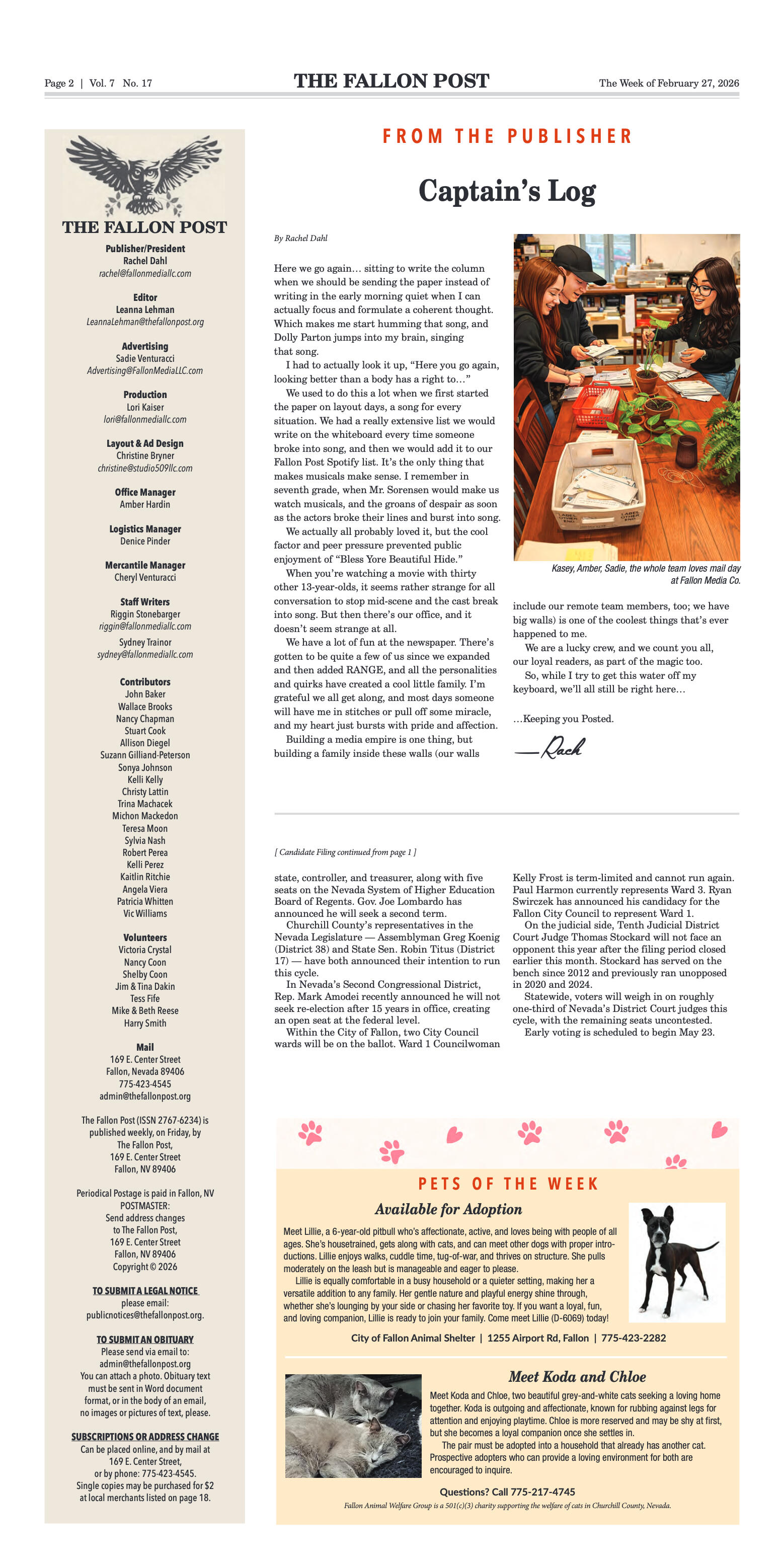
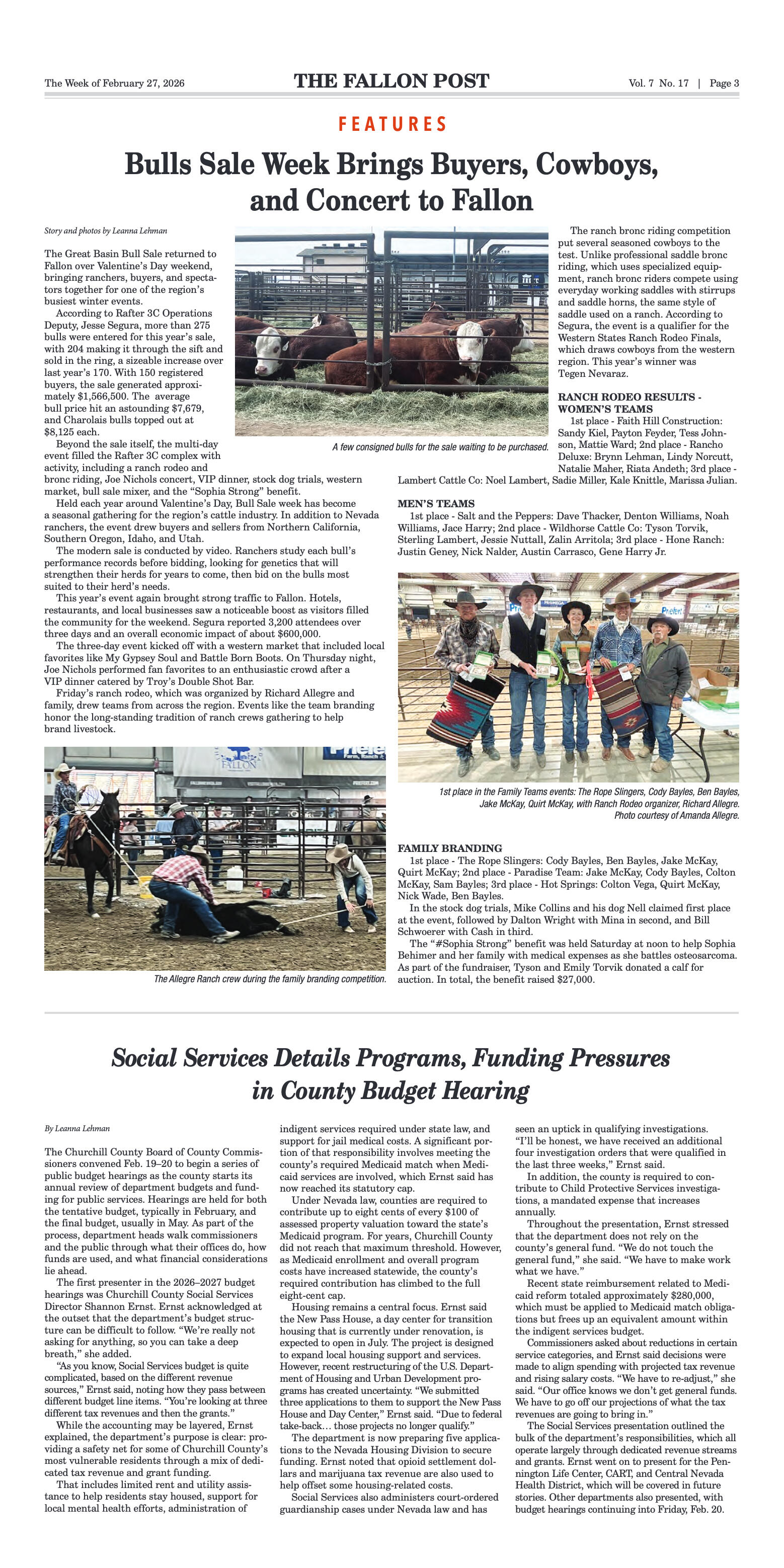
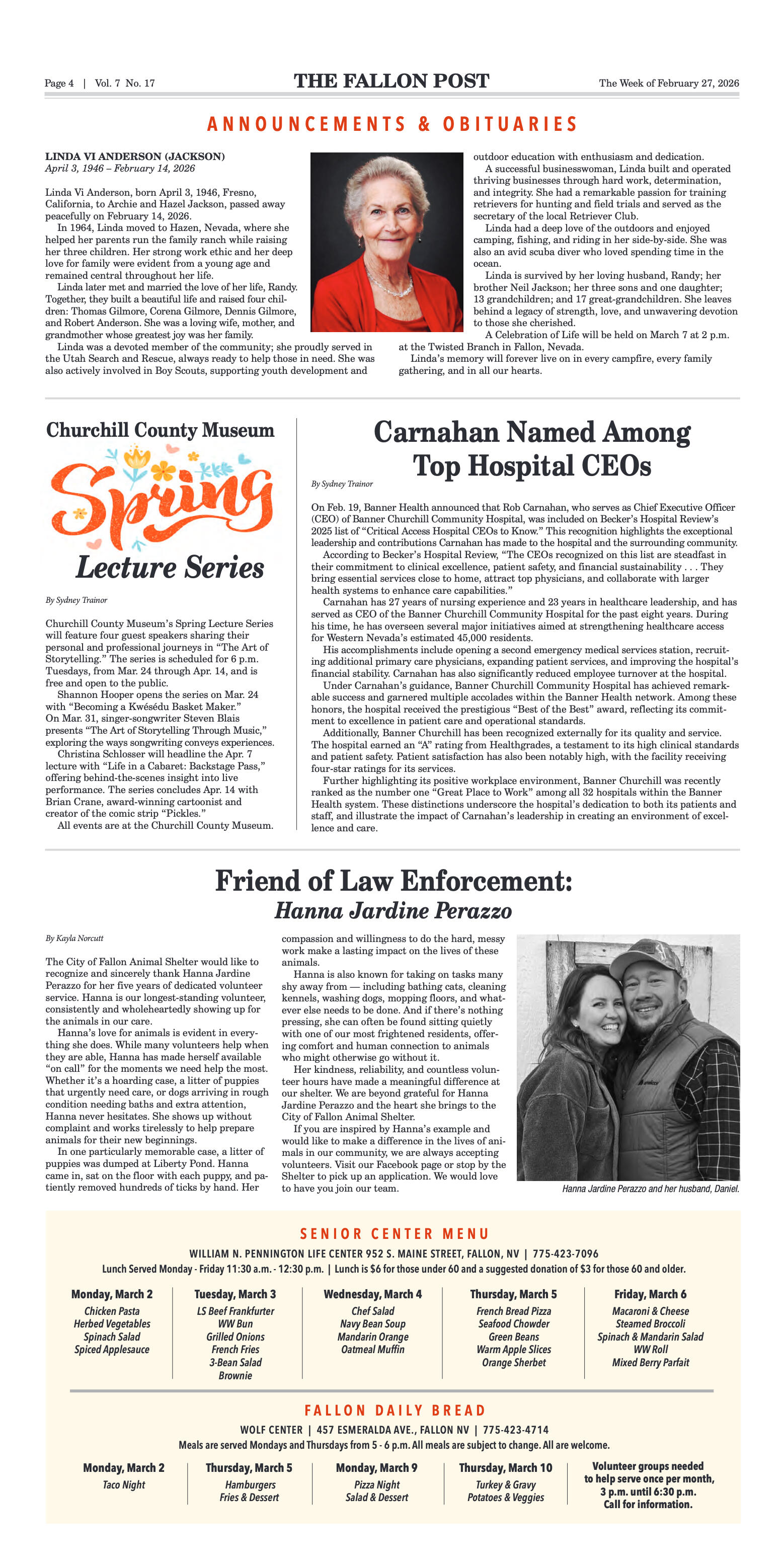
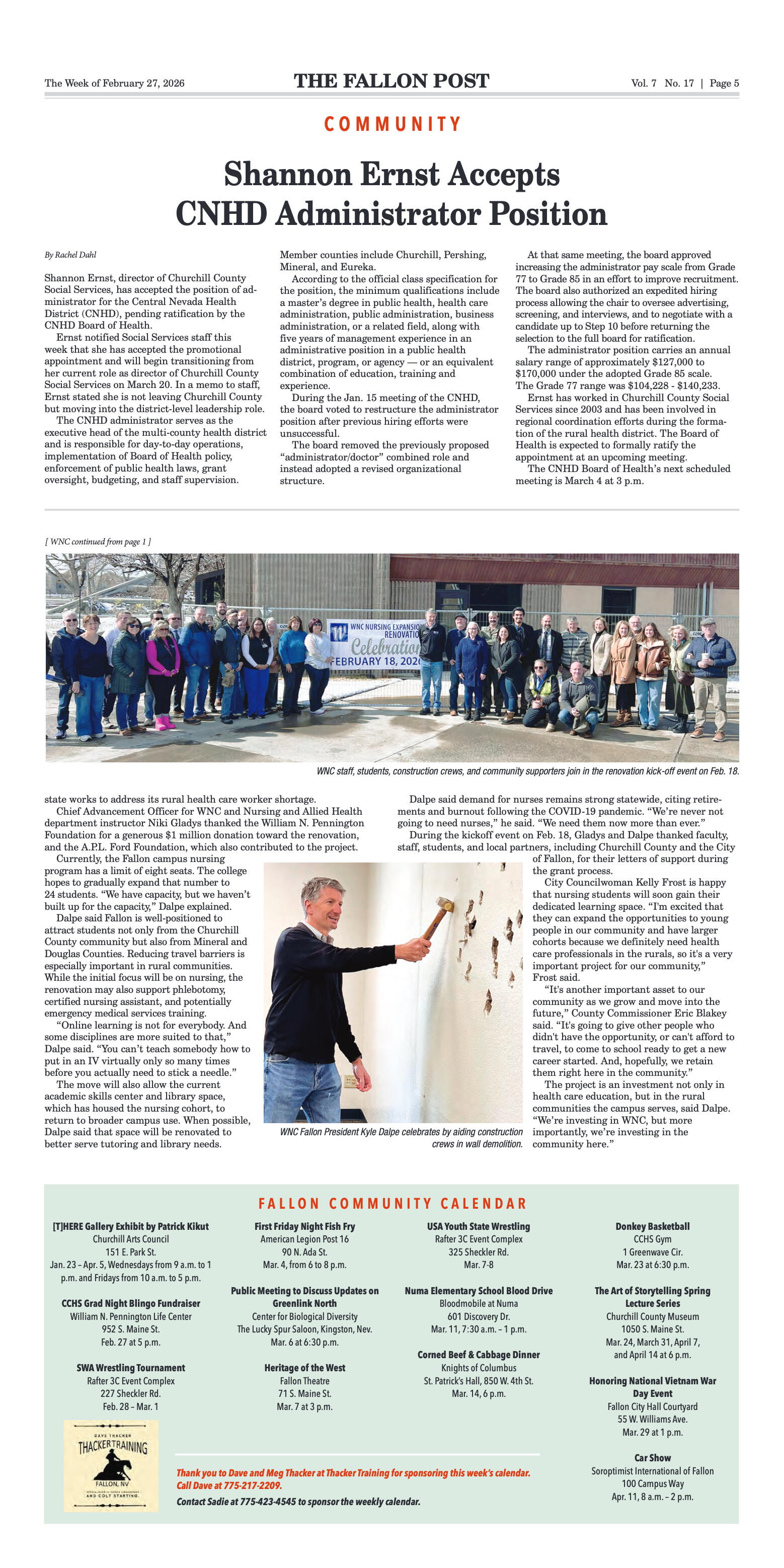


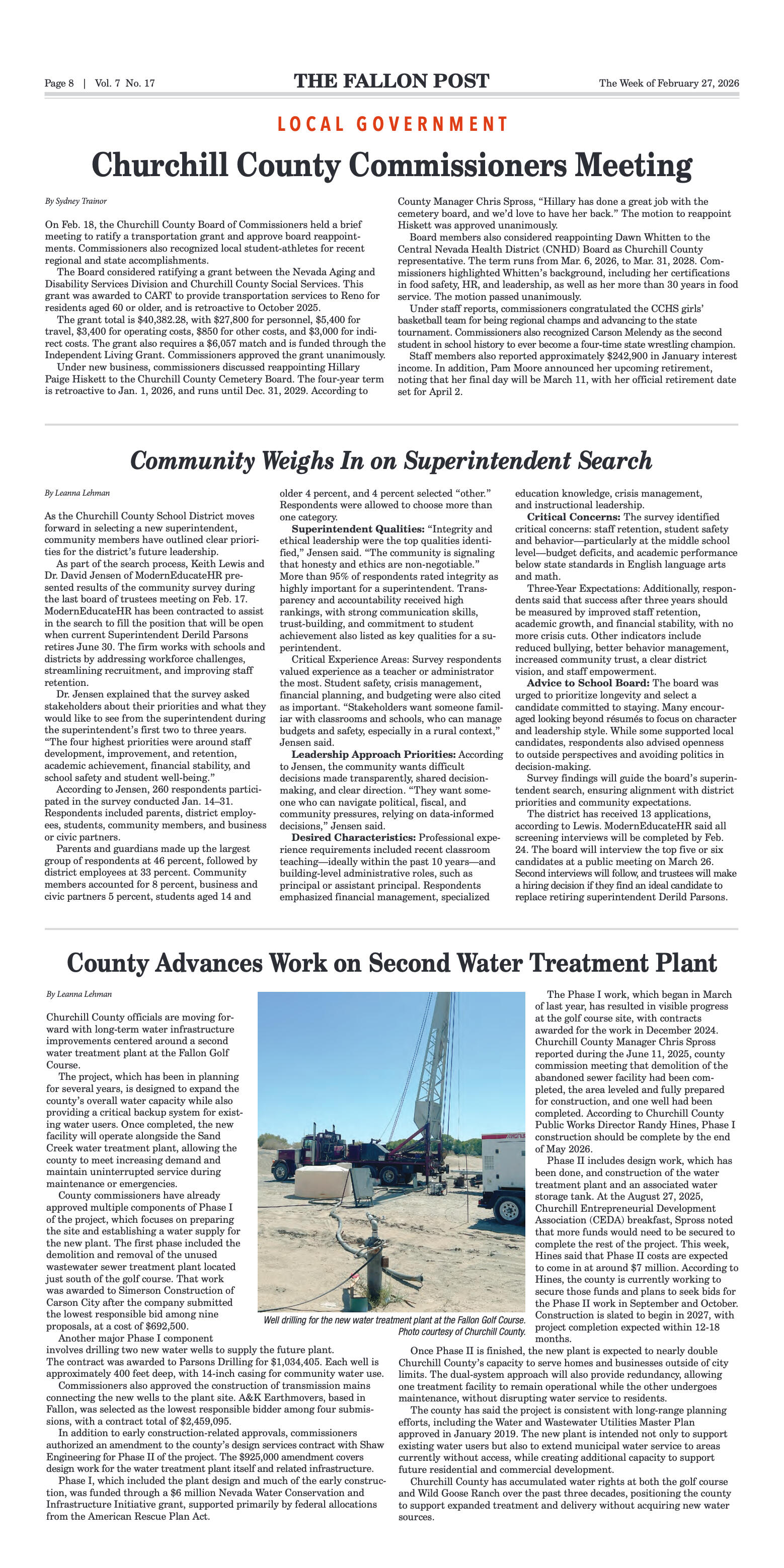

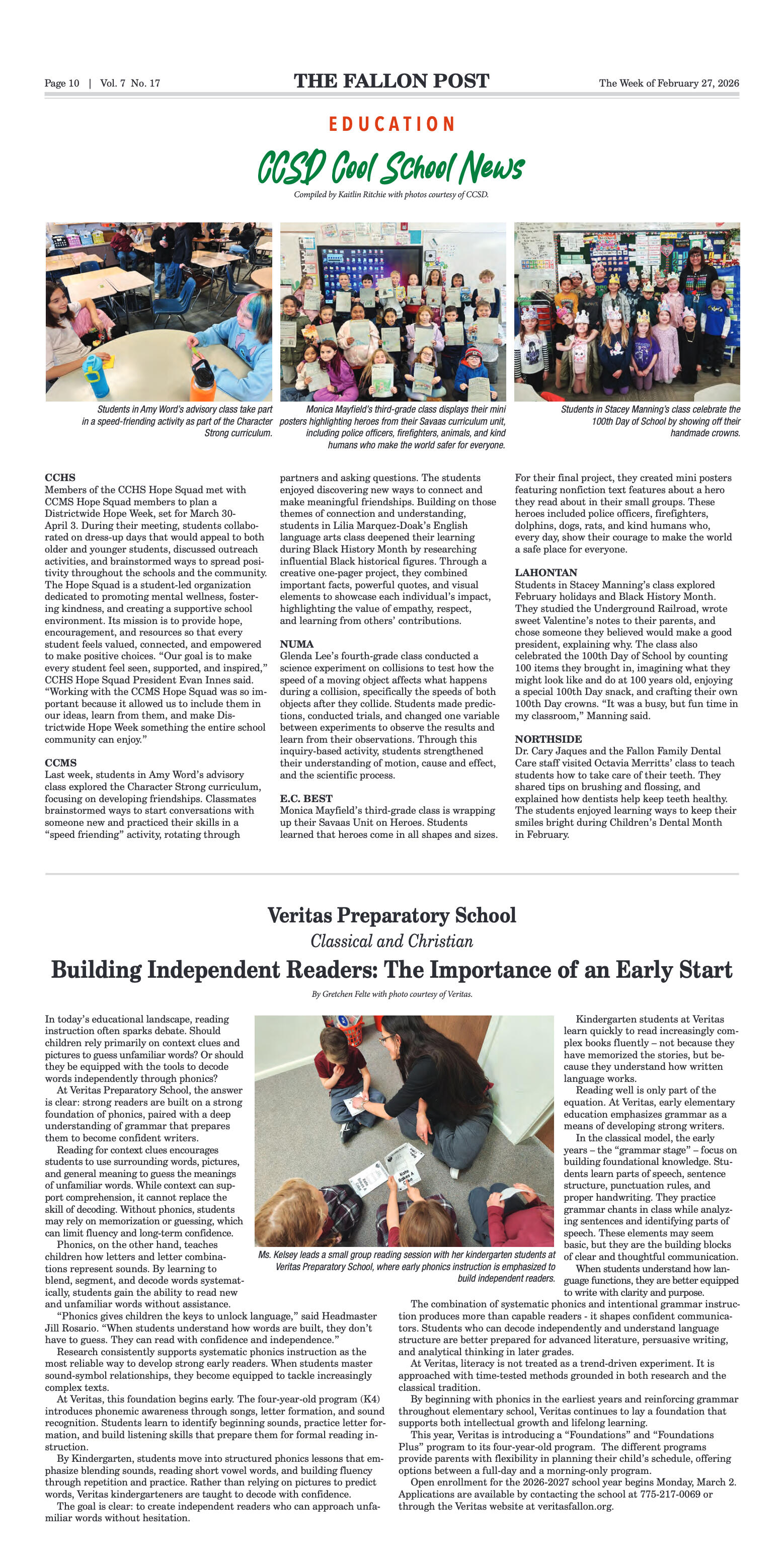

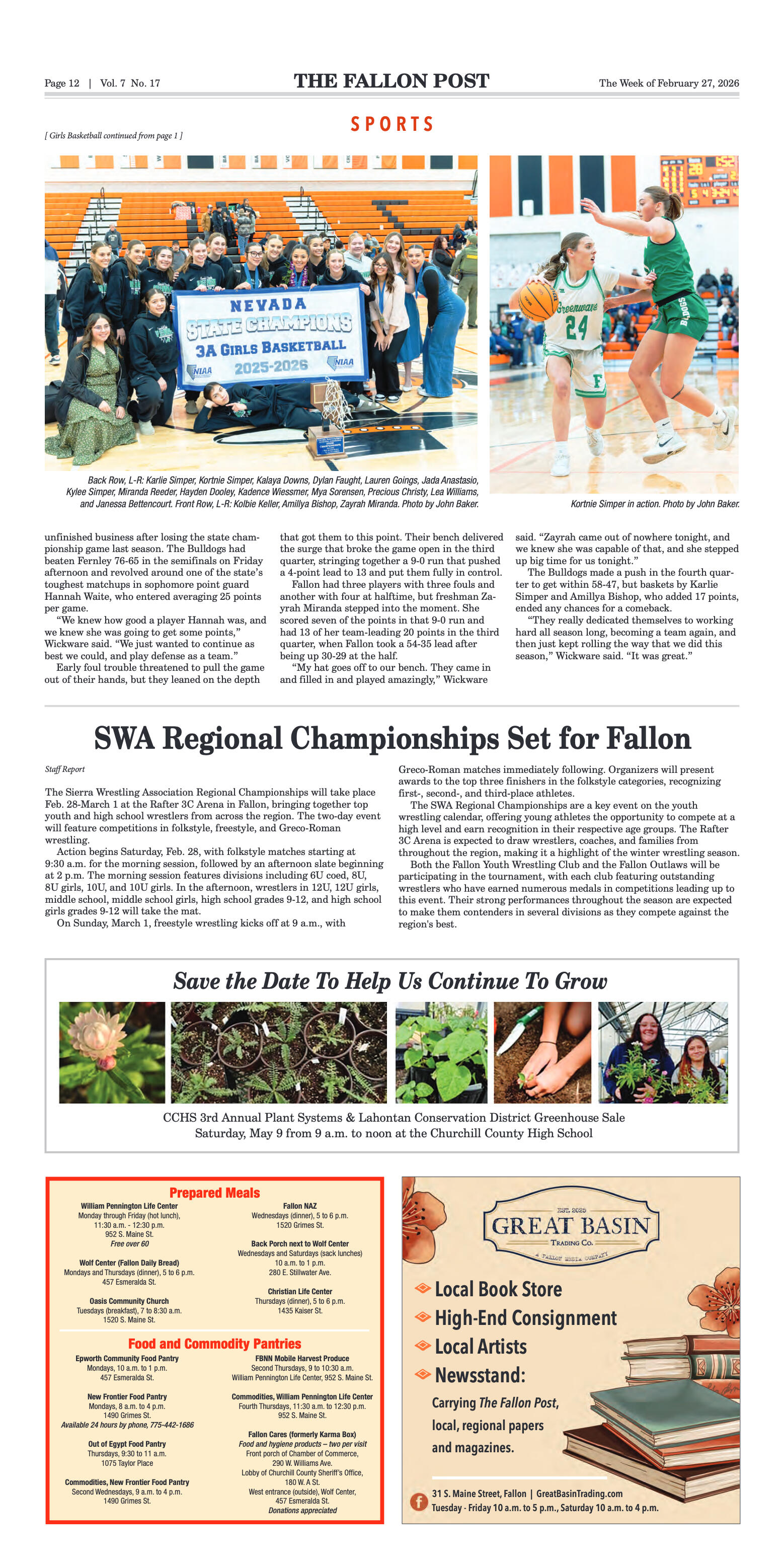
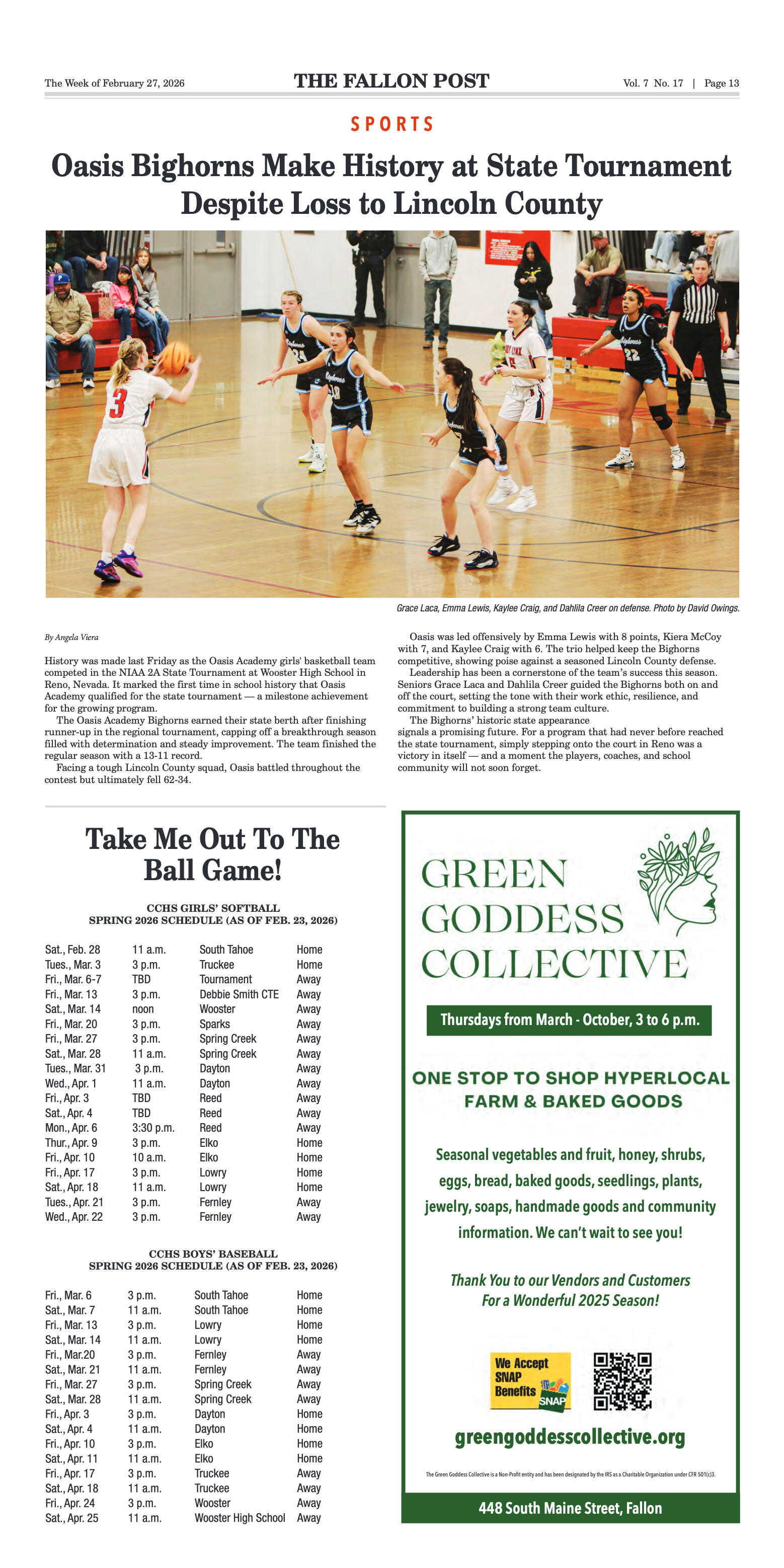
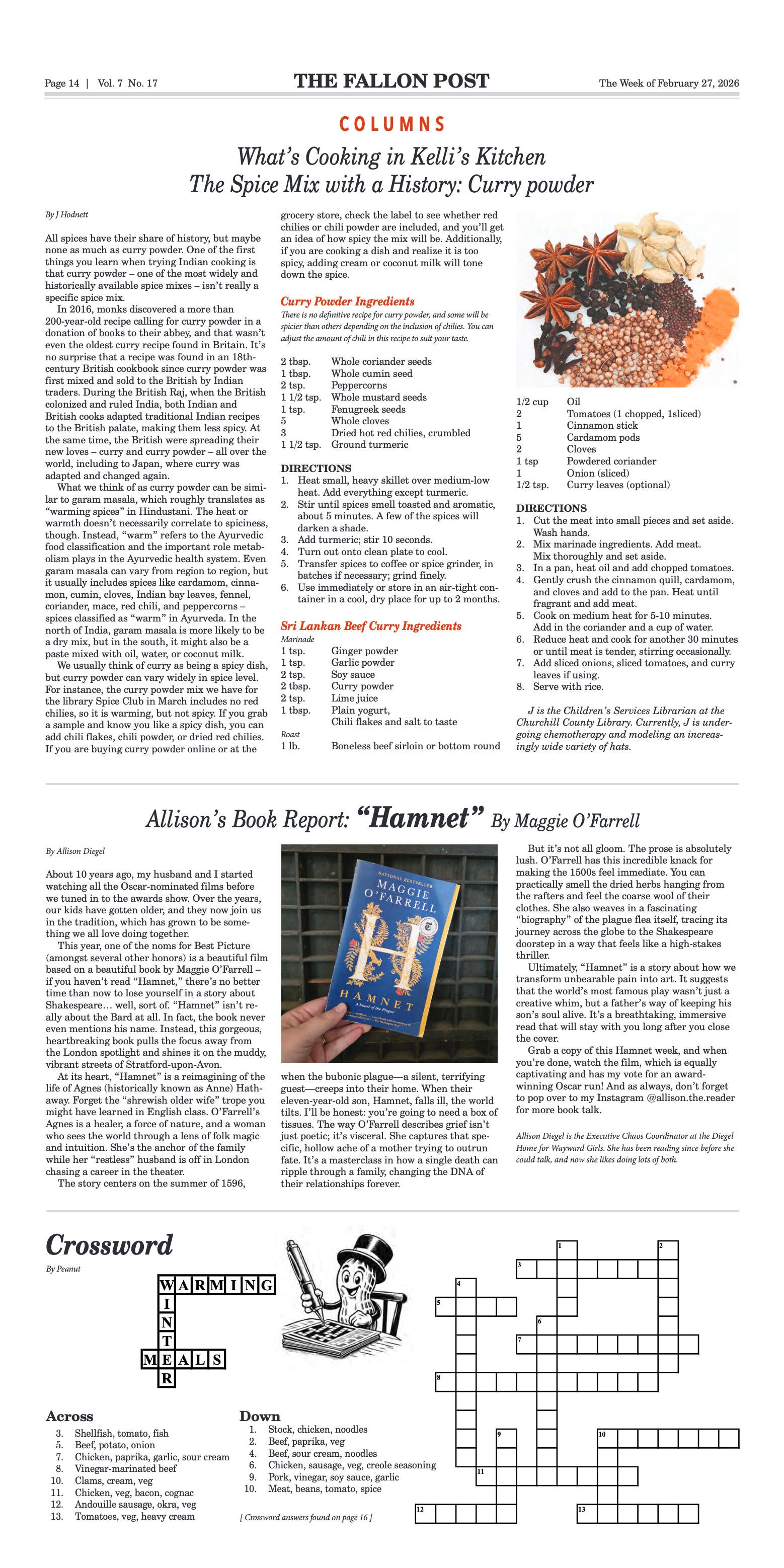

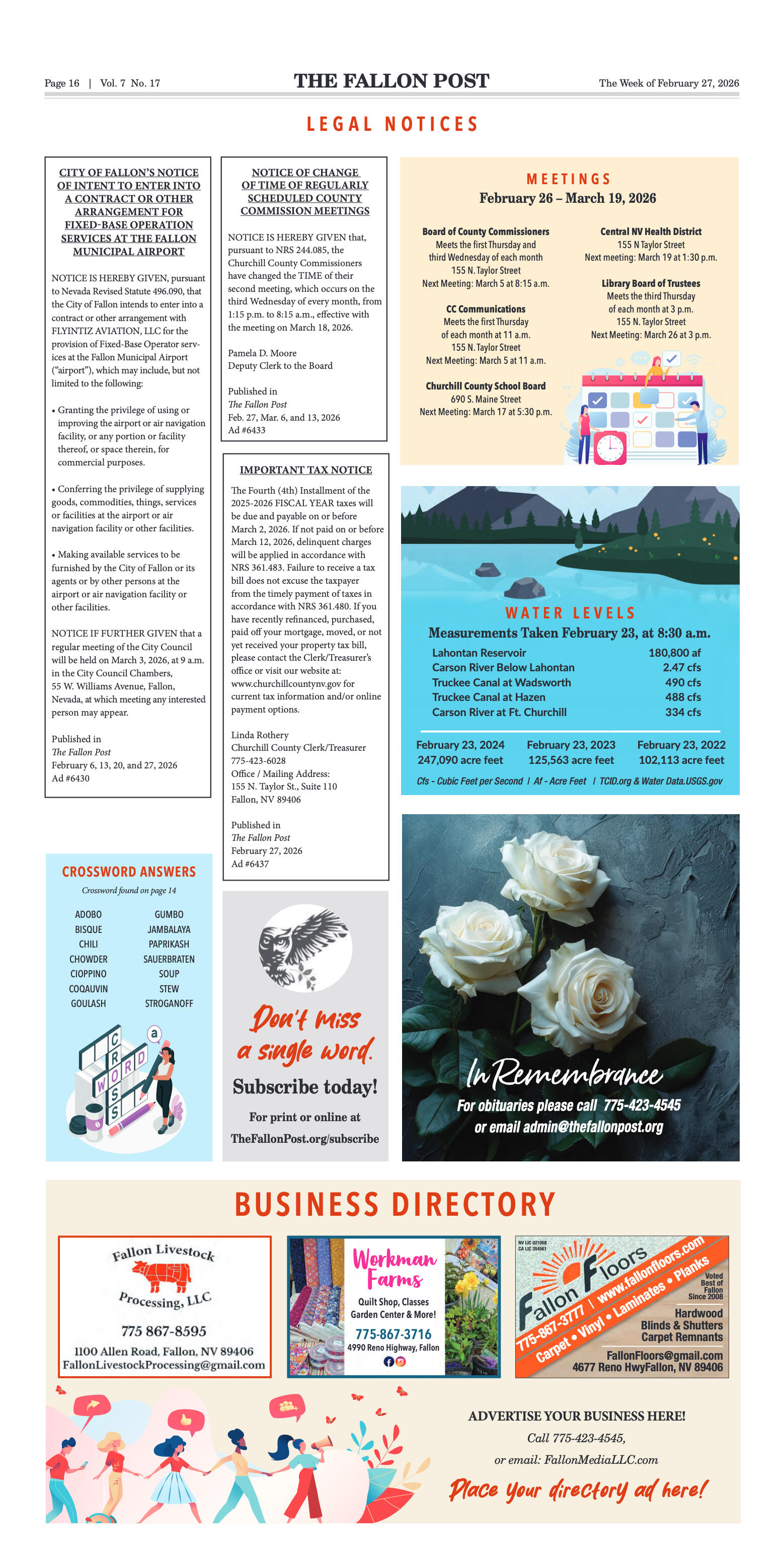
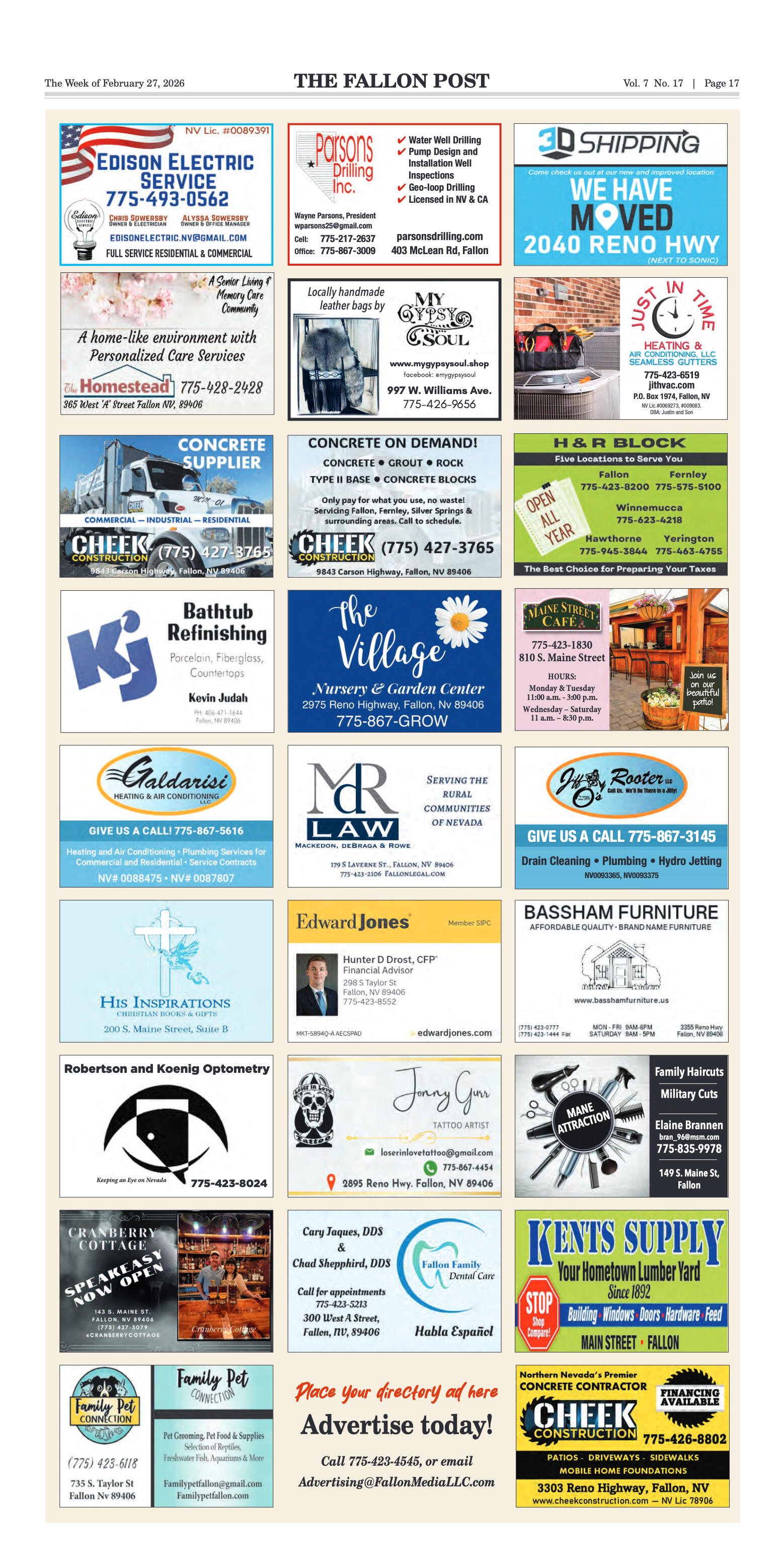
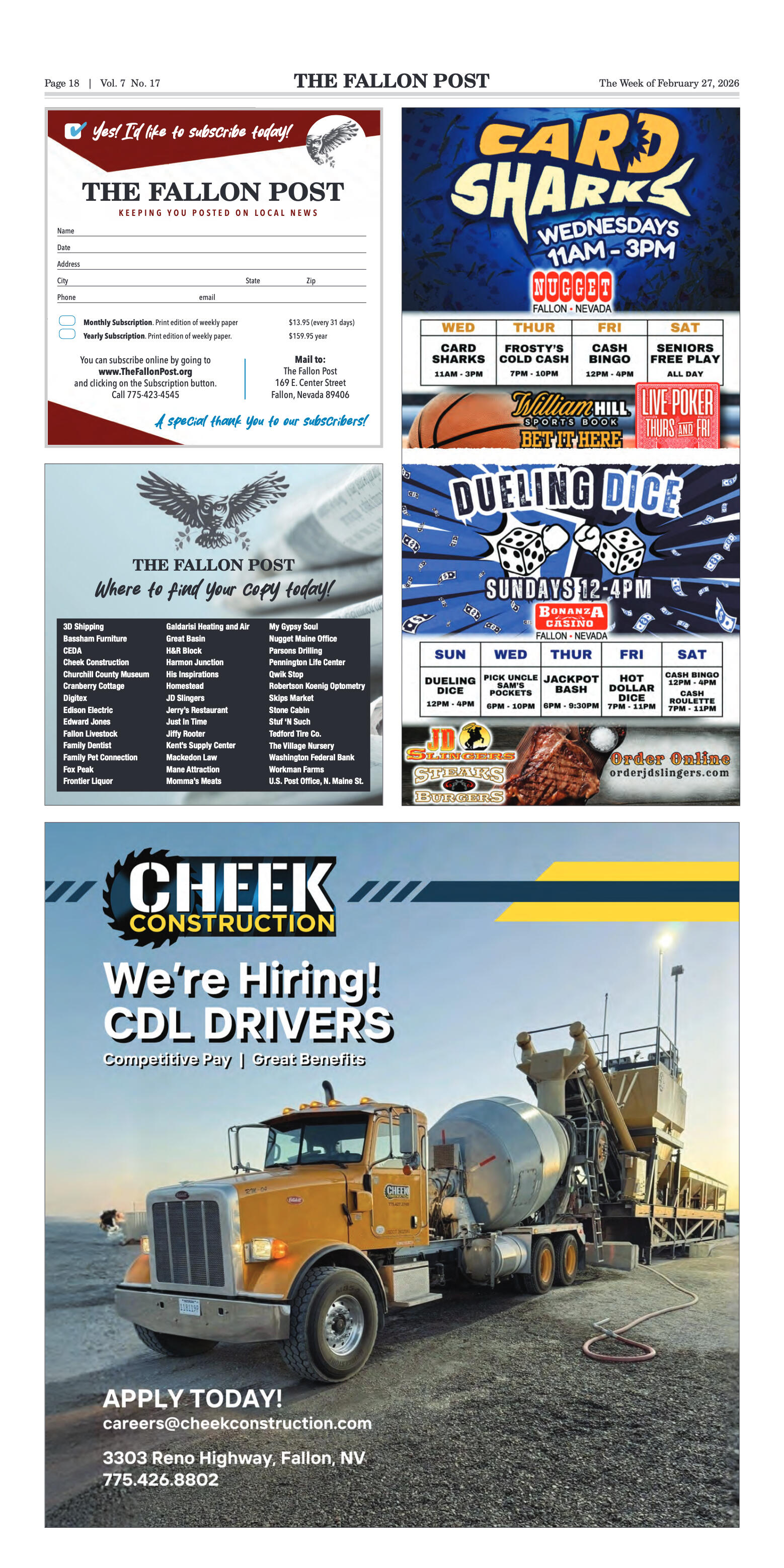
























Comment
Comments